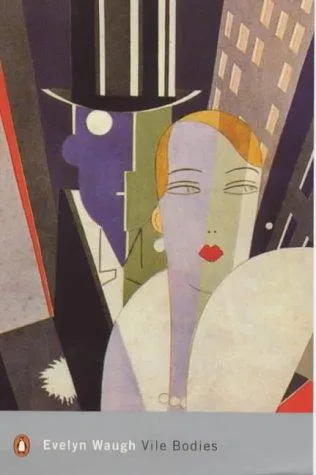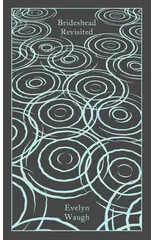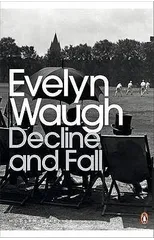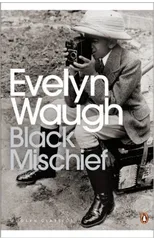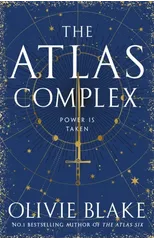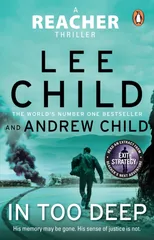Evelyn Waugh's acidly funny and formally daring satire, Vile Bodies reveals the darkness and vulnerability that lurks beneath the glittering surface of the high life. In the years following the First World War a new generation emerges, wistful and vulnerable beneath the glitter. The Bright Young Things of twenties' Mayfair, with their paradoxical mix of innocence and sophistication, exercise their inventive minds and vile bodies in every kind of capricious escapade - whether promiscuity, dancing, cocktail parties or sports cars. In a quest for treasure, a favourite party occupation, a vivid assortment of characters, among them the struggling writer Adam Fenwick-Symes and the glamorous, aristocratic Nina Blount, hunt fast and furiously for ever greater sensations and the fulfilment of unconscious desires. If you enjoyed Vile Bodies, you might like Waugh's A Handful of Dust, also available in Penguin Modern Classics. 'The high point of the experimental, original Waugh' Malcolm Bradbury, Sunday Times 'This brilliantly funny, anxious and resonant novel ... the difficult edgy guide to the turn of the decade' Richard Jacobs 'It's Britain's Great Gatsby' Stephen Fry, director of Vile Bodies film adaptation Bright Young Things
Evelyn Waugh
Evelyn Waugh (1903-1966) was a prominent English writer known for his satirical wit and sharp social commentary. His most notable works include "Brideshead Revisited" (1945) and "Decline and Fall" (1928), which exemplify his dark humor and critique of British aristocracy. Waugh's writing style is characterized by its precise language, ironic tone, and keen observations of human behavior. He is considered a master of the English novel and has had a lasting impact on the literary genre of satire. "Brideshead Revisited" remains his most famous work, exploring themes of love, faith, and the decline of the British upper class.
